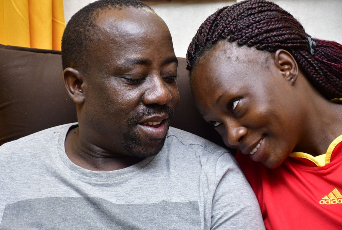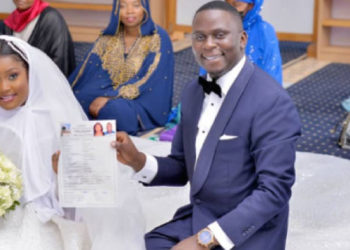By Beatrice Nakibuuka
Many times we wish to have partners that are from the same religion because you probably needed a prayer partner or someone with whom you would serve God. But what happens when you fall for one that is not your religion? A successful union between two people of differing religious beliefs requires respect, tolerance and participation from both members of the couple.
Where do you get wedded?

Rev Canon Jonathan Kisawuzi, Entebbe Archdeacon quotes Amos 3:3; Can two walk together except they be agreed? Religious differences come with many challenges for any couple and can cause disagreement even before a couple has reason to fight.
To him, there should be an agreement where one couple must show humility to accept being wedded in a church whose doctrine they do not believe.
At the point when you have to legalise your marriage, if you choose to go have a religious marriage, you must choose to either go to his or her church. This is one of the most critical things. You must talk about and agree upon.
For the Ssekittos, it was the man that went to her church. “I had to show humility even when in most cases it is the woman that comes to the man’s church. I did not want to force her conversion to my church because it takes a lot of time to understand some doctrines,” says Fred Ssekitto.
Click here for more on what to do if you wed a person from a different religion.
Where do you go to worship thereafter?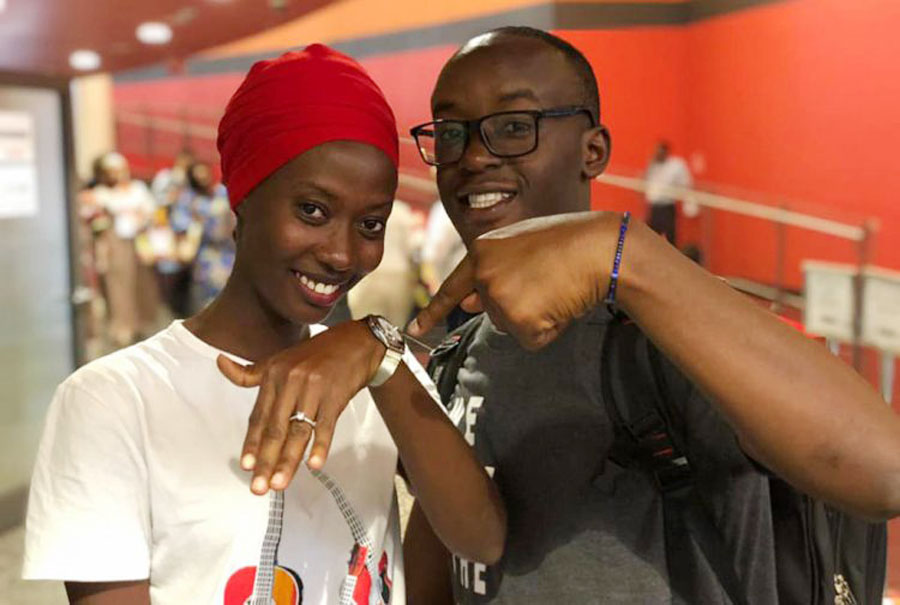
For several years, Christine Katongole served as a church minister in a Pentecostal church and always prayed for a spiritually mature man that loved her. Unfortunately, she found these qualities in a man that was a staunch Catholic.
“All the time we dated, I kept hoping that he would change. I thought he had no problem because he would drop and pick me from church. After some time, he asked me to convert. After a long debate, I accepted but it was because I loved him so we got married in his church,” she recalls.
After the wedding, he wanted me to worship from his church but I was very uncomfortable. He dictated that it was either his church or I quit worshiping. I became so rebellious and I kept going to my church. There was a rift between us. He refused to give me transport because I was not working at that time but I walked because I needed to be at my church.
Katongole recalls a time when she was eight months pregnant and she had gone to her church. “I was too tired to walk and yet there was no one to help. My legs failed me, I cried! I did not know how long I was going to endure being enslaved to a church I did not belong.”
After giving birth, she did not go to his church or hers until the baby made nine months old. She talked to her pastor about her problem and he advised her to be submissive.
“I went to his church. He always thought I did not like his church which was not true. I was just not used to the mode of worship there. With time, he was able to understand my point and now we are comfortable. He has grown fond of my religion and although he has never worshipped from my church, he has loosened up on me and now I have the freedom to worship from wherever I feel like,” she remarks.
Rev Kisawuzi remarks that different religions have different doctrines and depending on where you were raised up from, you will always feel you do not belong there.
Many African cultures have the notion that women do not belong to any religion but this is not true according to Rev Kisawuzi. We all have beliefs and although a woman may give in because God requires her to be submissive, she will inwardly be resistant.
He says, “The fact that you are different religions will not enable you see things the same way. The other partner will always feel out of place and although she may agree in the first place, she will always be rebellious.”
However, for some people, conversion works out for the better. “When Sophie converted, she came to my church even after the wedding. I can say her conversion was genuine because I have never seen her practice Islam for all the time we have married,” commented radio presenter Sam Gombya.
What things can be compromised?
In a case where there is respect for each other’s religious beliefs, there must be a compromise for some things.
According to Pr Godfrey Lubwama, at SDA Kampala central church, many people who get into relationships that have a religious mix keep hoping that they will be able to preach and convert the other partner and then get married but sometimes things fail.
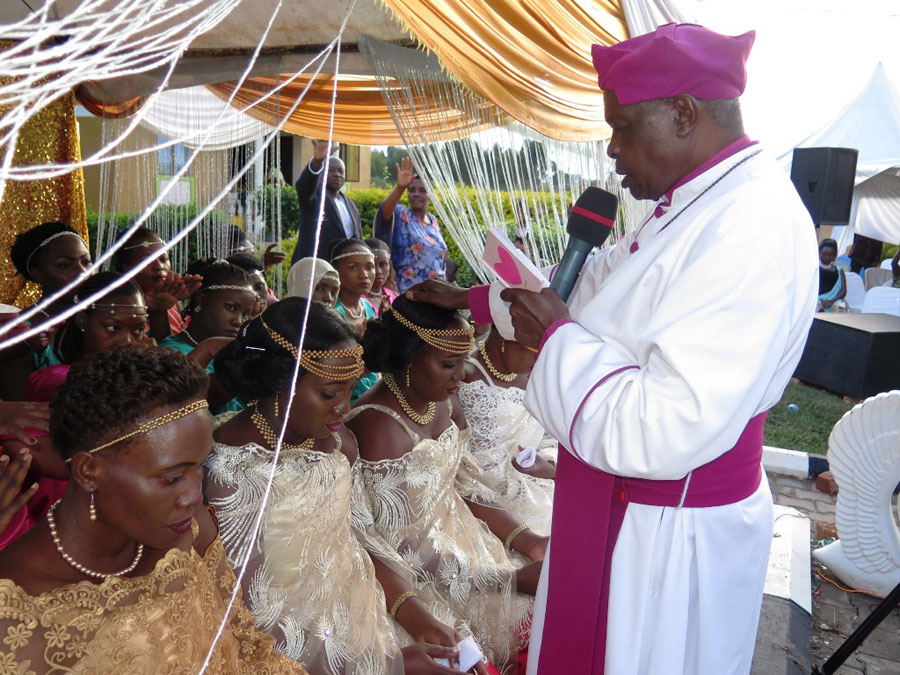
“Even when the partners convert, it is not a conversion based on conviction but rather because there was an intention of getting married. In the course of the marriage, things will always not work out because the person did not take enough time to understand the kind of doctrine you follow,” he remarks.
Sam and Sophie Gombya have been married for over 15 years and to them, it has to be love that drives your relationship. It knows no barriers. Many people once in love will not even mind religion.
“It is a matter of negotiation between the couple, says Sam. They will choose to do what they deem right. The parents can be there to guide you through the whole process. We had dated for a long time and we knew what we wanted. I reduced my alcohol intake and stopped eating pork because I knew she was not comfortable with it. She had converted for me so I had to appreciate what she had done for me.”
Some parents, according to Margret Ssemanda, are rigid when it comes to the religious mix in their children’s relationships. “Some parents are to blame for the failures in their children’s marriages because they tend to take part in the feud instead of guiding them. As a parent, there are times when things get hard for newly-wedded children because they have different beliefs but I stay out of the arguments and instead help them understand their differences,” she remarks.
How do you handle children?
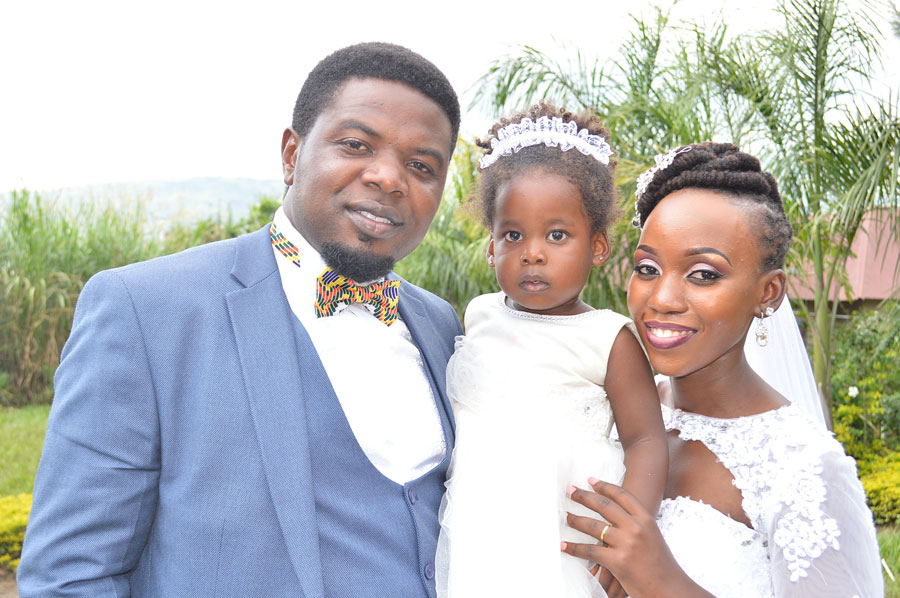
Some couples choose to share the children but according to Katongole, “The man always has control over the children. There was no debate about that for us. It was hurting for me in the first place but I learnt to deal with it. I would go to his church because of the children and when they grew older, I went back to my church.”
However, the Asabas say, as the children came in; we would take them to church in turns. Julius agreed to get wedded in Christine’s church. Many people had thought he had made a blunder but he thinks it was humility and love for his wife.
“It would look like we were confusing them but I made sure I read the Bible with them and helped them understand things. In my religion, we do not baptize children. I agreed with my wife that they do not get baptized and yet with time she also got interested in the Bible study and she got baptized before the children did. It was a softer ground for our children when it was time for them to decide,” says Enoch Asaba.
Making things work out
Couples who have sincere religious differences can often find ways to work them out in the long run. They will learn to live with each other in harmony.
Pr Lubwama advises couples to be confident in who they are, decide on their religious values and practices and live them as fully as possible. “Do not try to change your partner and be emotionally mature so that you are able to notice that the other person’s perspective is as real and important to them as yours is to you. If you are good enough, your partner will be inclined to follow you.”
Once couples respect and trust each other, they can move past power struggles and even compromises. Collaboration puts both people on the same side of the conflict: they work toward a common goal.
When there seems to be no middle ground, loving spouses sometimes learn to recognize when the other person’s need is much stronger than their own. Also, both partners should have a generous spirit, express sincere appreciation when a partner bends.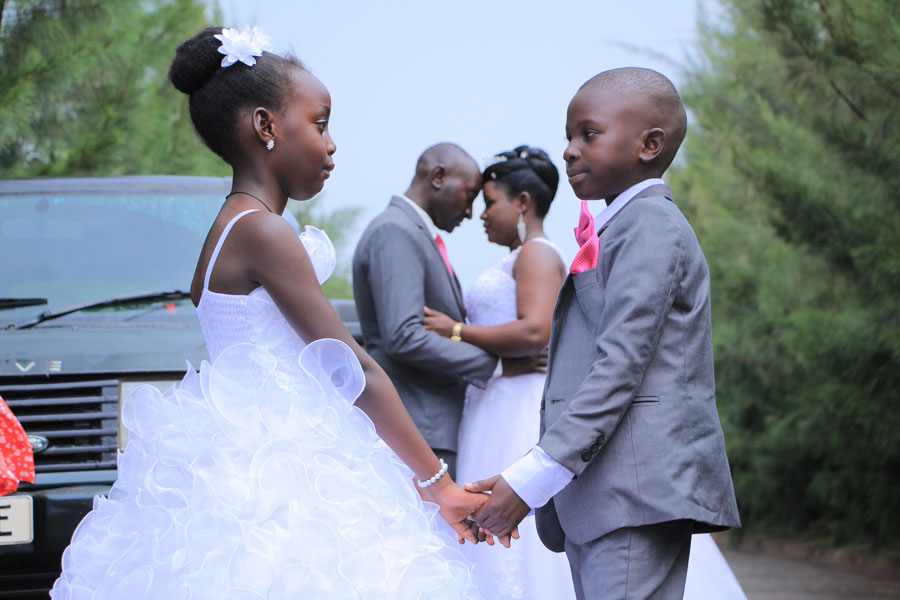
“Once you are faced with questions because your partner cannot come with you to the church or the mosque, do not quietly offer excuses or try to fulfill their responsibilities. The person may feel that you are trying to manipulate them to do things they do not want to,” he warns.
You are not responsible for another person’s choices, feelings, or thoughts. You may be sad but should not feel embarrassed when a spouse does not behave or think as you wish they would. Do not set rules and consequences but instead learn to value and support your partner and this will encourage the other partner.
Parenting may be quiet hard especially if you are different beliefs, but it is important that you parent as a respectful pair. Mutual respect and problem-solving strategies are important. Doctrinal issues can be tricky. Do not debate it or use the conflict to pull the child one way or another talk respectfully about your beliefs. Children will learn to think about and seek their own answers.
The temple ceremony is a promise of sealing made permanent for a couple to live in love and fidelity, remarks Pr Lubwama adding that, “Marriage should be for an eternal perspective because the Church is not in the business of breaking up families and negotiations must be done. You can accept differences and figure out what you can live with without losing your own beliefs.”




